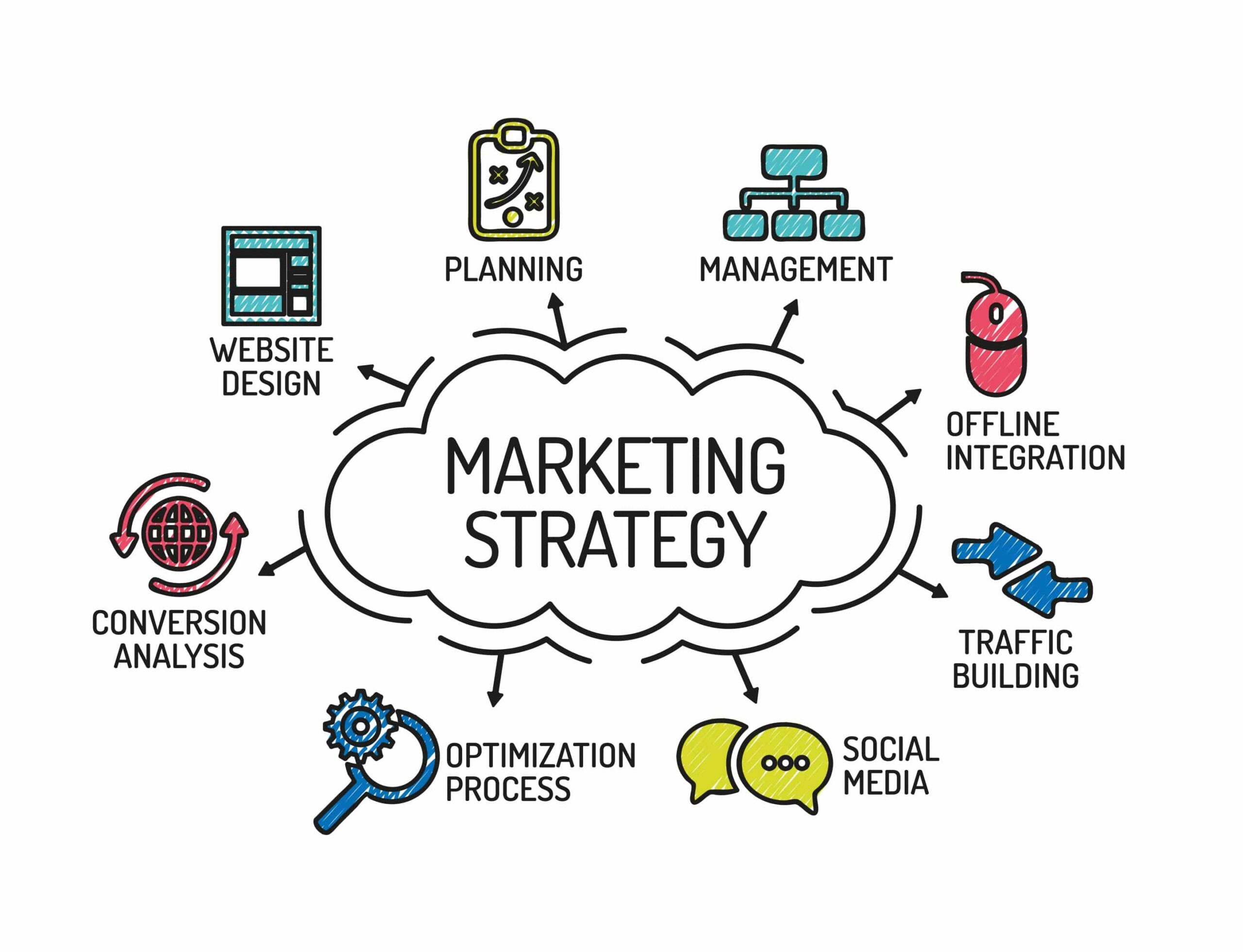
Supply Chain Mastery Optimizing Manufacturing Logistics
Supply Chain Mastery: Optimizing Manufacturing Logistics
Efficient supply chain management is the backbone of successful manufacturing operations. Navigating the complex web of logistics requires a strategic approach that goes beyond mere coordination. Let’s unravel the layers of supply chain management in manufacturing and explore how it acts as a linchpin for operational success.
Strategic Planning: Blueprint for Efficiency
At the heart of effective supply chain management is strategic planning. This involves mapping out the entire manufacturing logistics process, from sourcing raw materials to delivering finished products. A well-defined blueprint ensures that each step aligns with overall business goals, setting the stage for efficiency and responsiveness.
Supplier Relationship Management: Collaborative Partnerships
Manufacturing success begins with strong relationships with suppliers. Supplier Relationship Management (SRM) is more than transactional; it’s about cultivating collaborative partnerships. Open communication, transparency, and mutual understanding are vital components that create a seamless flow of materials into the manufacturing pipeline.
Inventory Optimization: Balancing Act
Balancing inventory is a delicate act in supply chain management. Too much can lead to excess holding costs, while too little can disrupt production. Inventory optimization involves using data analytics to strike the right balance. Advanced forecasting techniques and real-time monitoring contribute to maintaining optimal inventory levels.
Technology Integration: The Digital Advantage
In the era of Industry 4.0, technology is a game-changer for supply chain management. Integrating digital solutions, such as RFID tracking, IoT sensors, and advanced analytics, provides real-time visibility into the entire supply chain. This digital advantage enhances decision-making, minimizes disruptions, and creates a more agile and responsive manufacturing process.
Explore advanced Supply Chain Management solutions at Reltix.net. The platform offers insights into cutting-edge technologies shaping manufacturing logistics.
Logistics and Distribution: Streamlining Movement
Efficient logistics and distribution are critical components of supply chain mastery. Streamlining the movement of goods from manufacturing facilities to distribution centers and eventually to customers requires precision. Utilizing advanced routing algorithms, GPS tracking, and automated sorting systems contribute to optimizing this crucial aspect of the supply chain.
Risk Management: Preparing for the Unforeseen
In the dynamic landscape of manufacturing, risks are inevitable. From natural disasters to geopolitical events, supply chain disruptions can have far-reaching consequences. Effective supply chain management involves proactive risk management strategies. This includes diversifying suppliers, creating contingency plans, and staying informed about potential threats.
Sustainability Practices: Beyond Efficiency
Sustainability is no longer an optional consideration; it’s a core element of modern supply chain management. Manufacturers are increasingly embracing eco-friendly practices, from selecting sustainable materials to optimizing transportation routes for reduced carbon footprint. Sustainable supply chain practices not only align with corporate responsibility but also resonate with environmentally conscious consumers.
Collaborative Forecasting: A Unified Vision
Supply chain success is intertwined with accurate forecasting. Collaborative forecasting involves aligning the perspectives of different departments within an organization. Sales, marketing, and production teams working in harmony contribute to a unified vision. This collaborative approach ensures that the supply chain is synchronized with market demands and business goals.
Continuous Improvement: Kaizen in Action
The Kaizen philosophy, rooted in continuous improvement,






